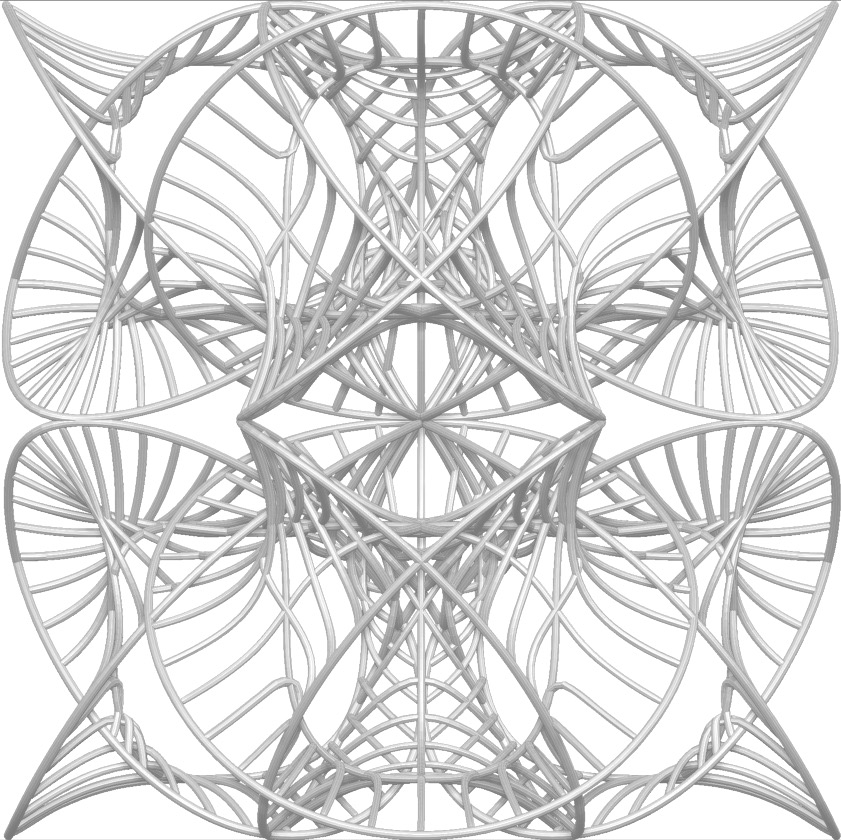Geometry and fluxes
10:30AM, 13 Mar 2023
Prof. Daniel Waldram introduces the formalism and tools for characterising geometries in gravitational theories, such as Calabi-Yau manifolds.
Special geometries play a key role in string theory and gravitational theories in general. The 6 compact dimensions of the 10-dimensional (super) string are often taken to be a Calabi-Yau manifold. Such compactification is important as it allows us to realise our 4-dimensional spacetime within the theory, and leaves some of the original supersymmetry unbroken. When fluxes are included to describe the analogies of EMFs within the compact space, the supersymmetry condition is modified and defines a new class of manifolds that generalise the notion of a Calabi-Yau space.
In this LonTI series, Prof. Daniel Waldram introduces some formalism and tools useful for characterising such geometries. An outline of purely geometrical backgrounds is given, using general notions of a G-structure and special holonomy. Backgrounds that have non-trivial fluxes are then described. The narrative of the series is guided by applications to string phenomenology and the AdS/CFT correspondence.
Event information
This is a three-part lecture series from LonTI. Lectures are on Mondays at 10:30 am in Tyndall’s Parlour at the London Institute, on the second floor of the Royal Institution, followed by drinks and snacks onsite. To register and attend, please visit lonti.weebly.com.




LCP












Speakers

Prof. Daniel Waldram is head of the Theoretical Physics Group at Imperial College London. He obtained his PhD at the University of Chicago. His research interests include quantum field theory and gravity, with particular focus on connections between geometry and string theory.